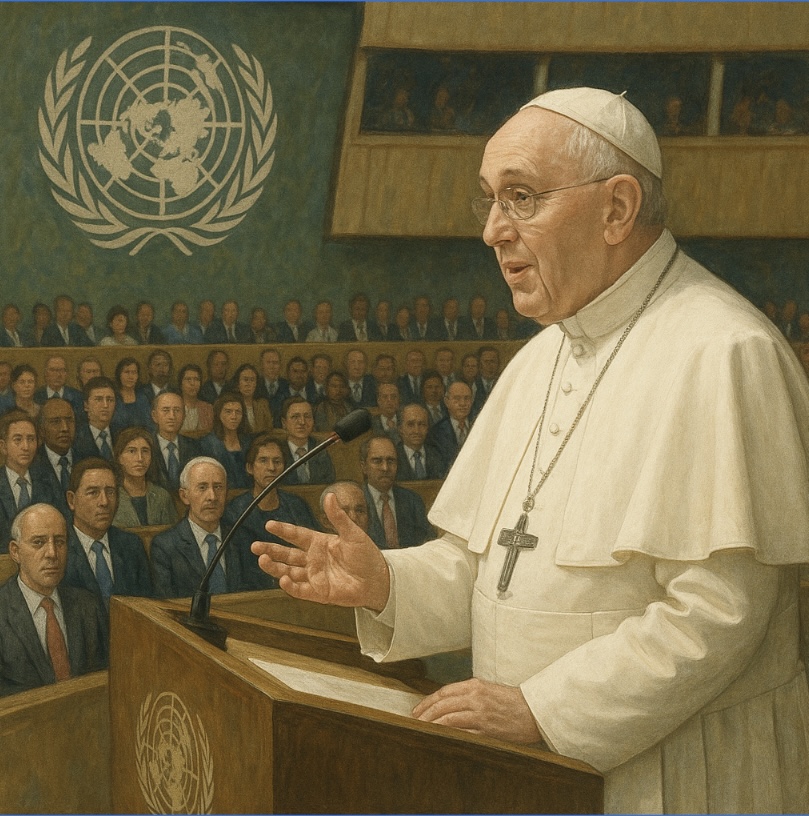
[위즈덤 아고라 / 황찬석 기자] The north pole is rapidly melting due to rising temperatures and global climate change. Surprisingly though, as much of a catastrophe it is to the earth, it’s expected to open up new economic and commercial opportunities in the near future.
As the ice caps melt at unprecedented rates – with 70% of the Arctic having melted in the past 40 years – the Arctic Sea Route will be available year-round in just 10 years. This will lead to the opening of a new trade route linking East Asia to Europe and Russia to North America, only made possible by the melting ice caps that pave the way through the barren Arctic landscape.
With this in mind, nations have already started to eye down the region – the hegemony over the Arctic region has already begun. Major players like Russia have already strategically transported its submarine-launched ballistic missile (SLBM) capable of striking the United States within range, and has also conducted large-scale military training this past March, sending fighter jets and over 200 types of military equipment. In essence, the Arctic provides a strategic location for Russia to attack and monitor the United States through within very close proximity, and thus a desired location both politically and military-wise.
Another major player in this territorial dispute is China, despite its geographic distance from the Arctic. China has also eyed down the potential sea routes since 2018, proclaiming “to jointly promote the Ice Silk Road with Russia.” Considering the potential for trade and commerce to proliferate through major east Asian ports and European markets, China has also deployed military personnel on the Arctic since 2019, and have since announced their diplomatic intentions In order to actualize the ‘Polar Silk Road’.
Finally, the United States, a country that directly lies within the Arctic circle, has also been predominantly vigilant the past couple of years. Just this year, the U.S has expanded its military frontiers on the Arctic from 10 to now 14 military bases, and this past May, President Biden openly criticized the situation, claiming that “It’s of vital interest to America’s foreign policy to secure unimpeded flow of global commerce … to shape [policy] around democratic values, not those of autocrats.”
Commercially, the existing trade route passing through the Suez Canal from the Busan Port to Rotterdam – Europe’s largest trading port – is 22,000 kilometers. However, crossing the Arctic Ocean reduces the passage to just 15,000 kilometers and shortens the travel duration by ten days – hence the increasing attention by neighboring countries that seek to capitalize on such an opportunity. At large, this opens up new economic opportunities to capitalize on for major port countries allied with the Arctic Council, among them including South Korea.
That said, while the Arctic Council has been formed in order to make the executive political, economic, and environmental decisions revolving around the Arctic region, with all three major power holders (U.S, Russia, China) all either primary or secondary members of the council, the situation might escalate into a hegemonic war in the nearby future.
Furthermore, in the center of all these geopolitical tensions, there also exists climate concerns. Specifically, there is major concern that the influx of cargo ships and commercial activity will further expedite the melting of the ice caps beyond the 10 year period in which the sea route will open, and taking a step back, many activists have already pointed out the irony in advancing the development of the sea routes when world leaders can rather cooperate in alleviating the extreme climate conditions currently affecting the Arctic.
In the same light, many government and private investors have responded reluctantly to either funding or financing development projects that involve any sort of exploitation of the Arctic environment, wildlife, or even natural resources, further emphasizing the urgency for environmental mandates.





